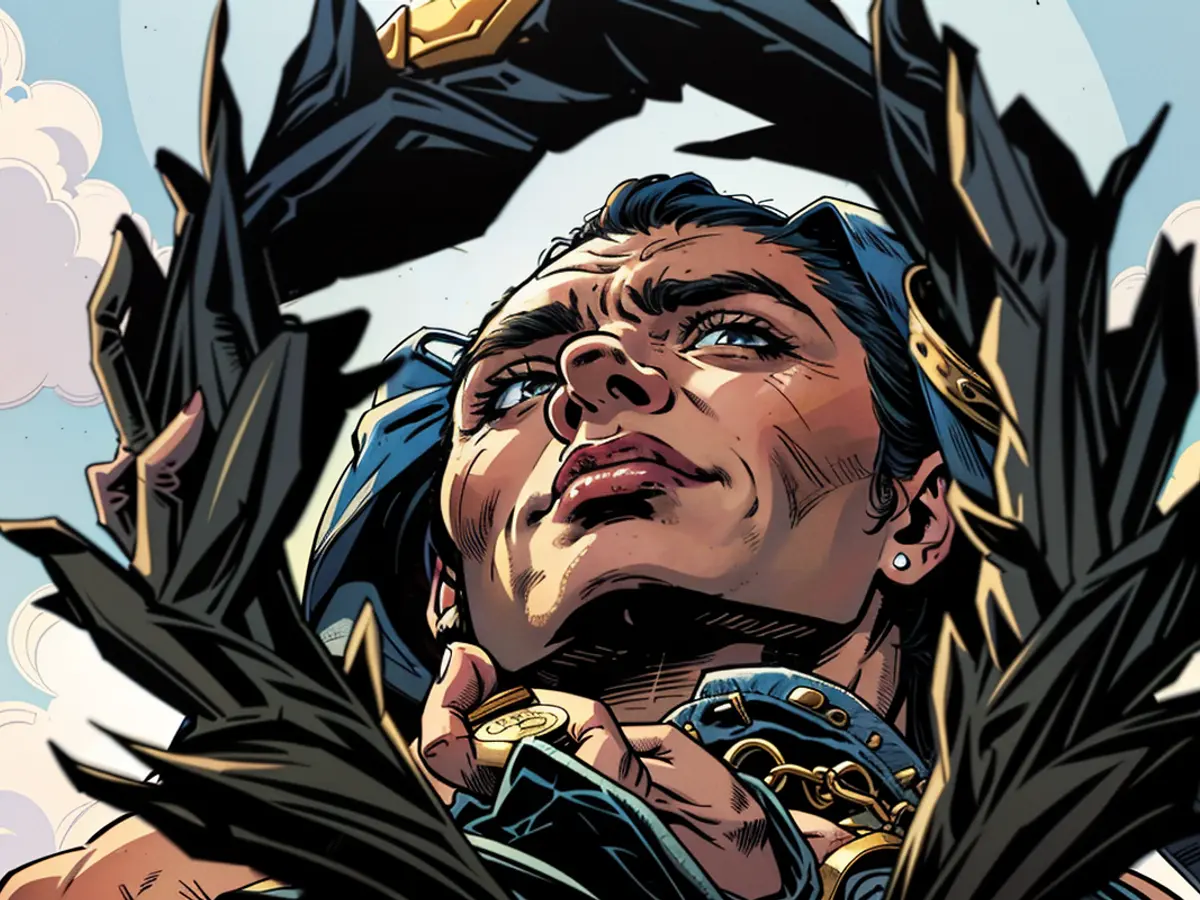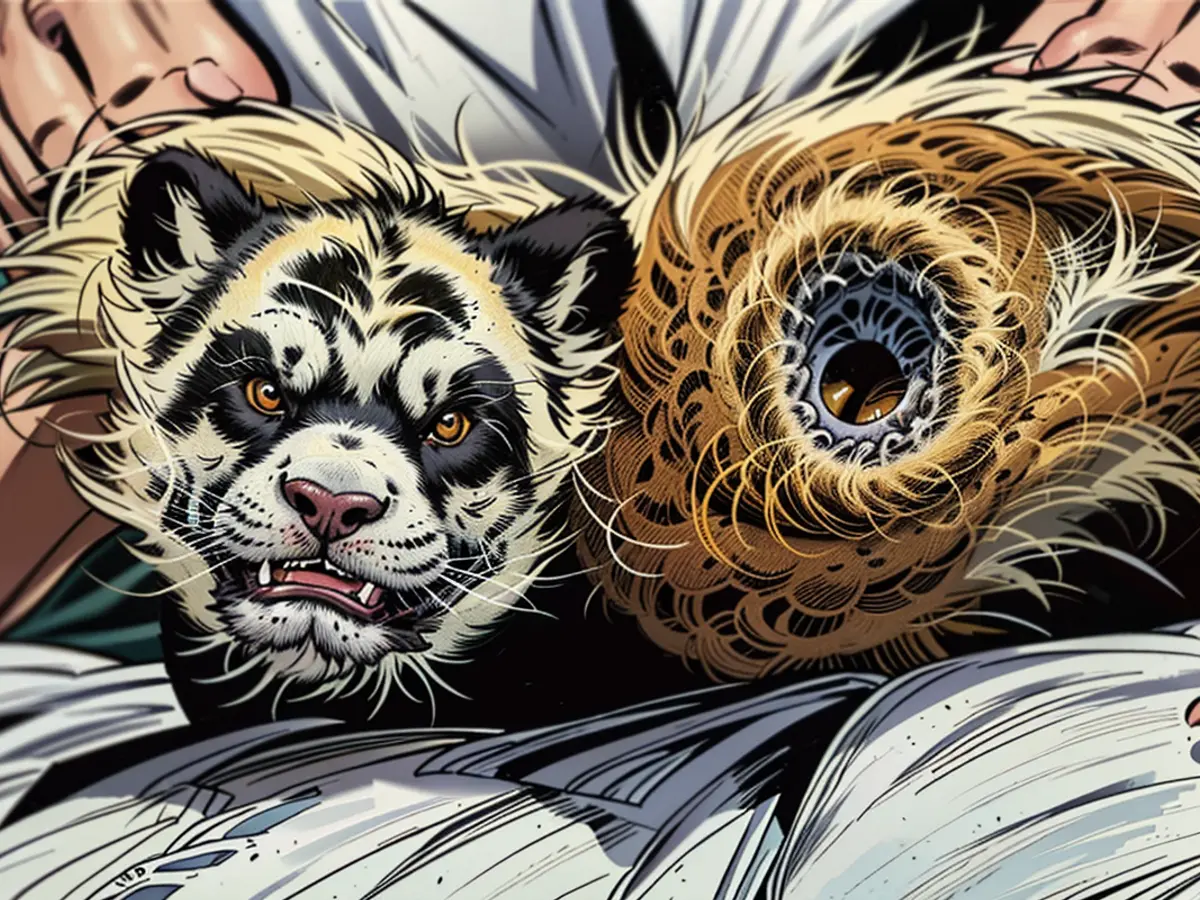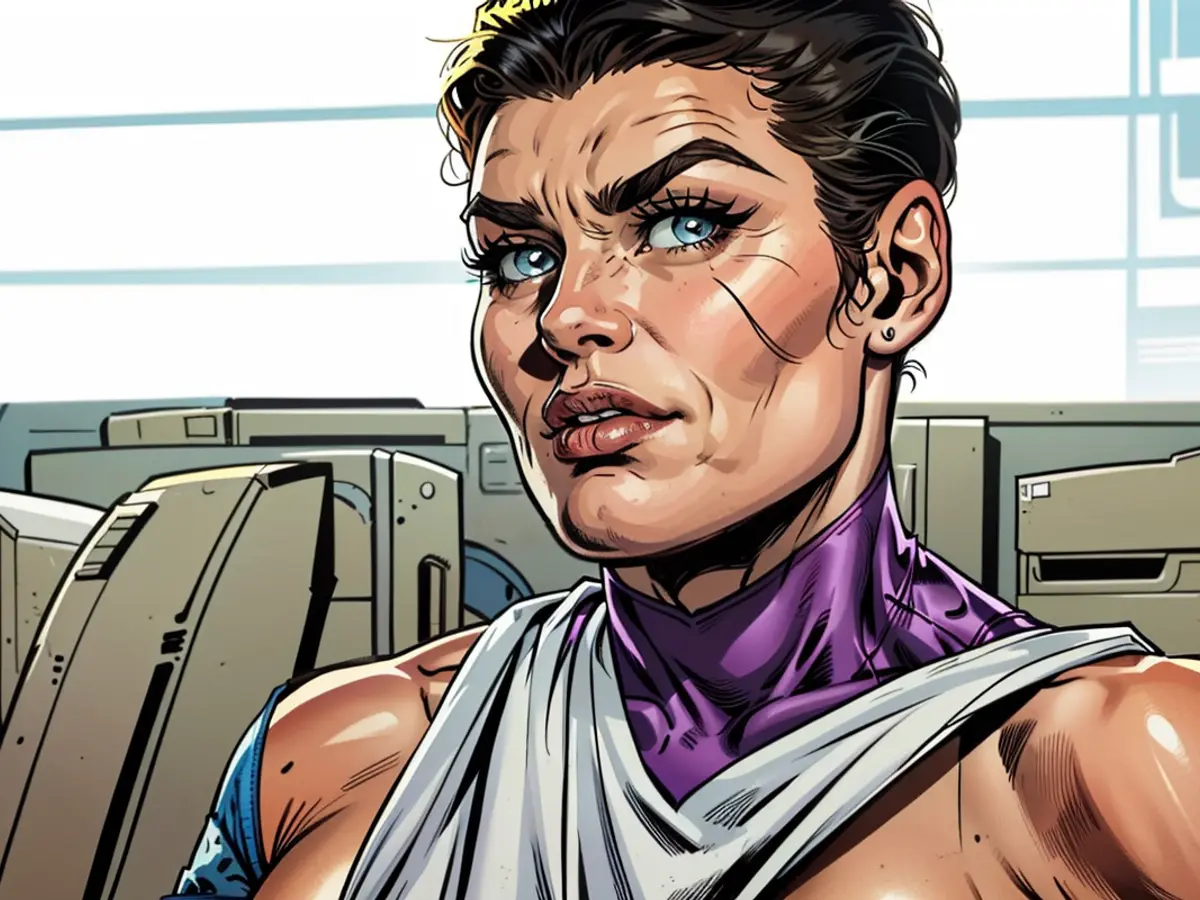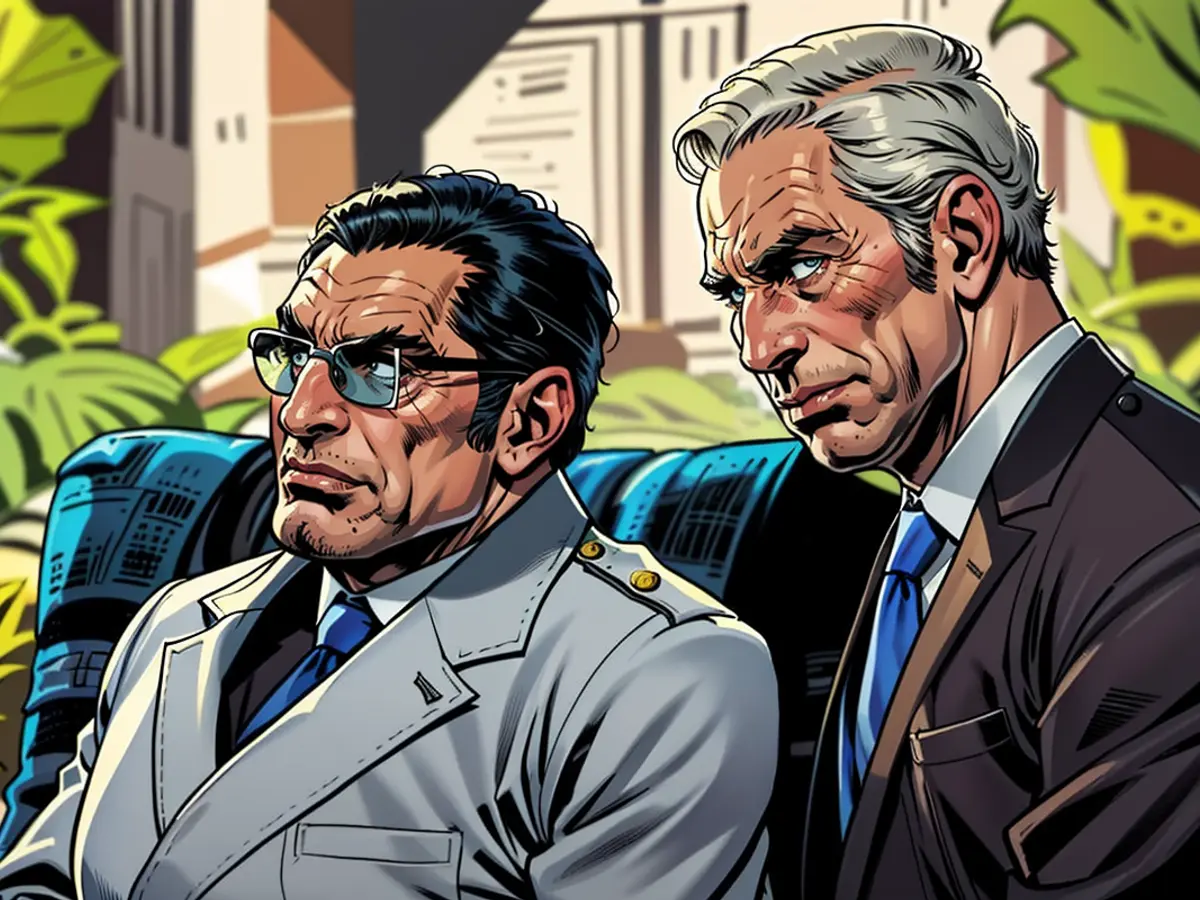In the current era, Goethe's significance still resonates profoundly.
Once a symbol of German intellectualism, Goethe now faces questions about his suitability in today's conversations. With his 275th birthday upon us, and a dwindling interest in his works, we can't help but wonder: Is he still relevant?
In an earlier time, Goethe towered above the cultural landscape of Germany. Renowned as the "better self of the German people," this man of letters, science, and Italy admiration held international fame. Even Napoleon, a powerhouse of his epoch, warmly greeted Goethe with the famous phrase "Vous êtes un homme!" during an encounter in 1808. This would have left Gen Z cheering with an enthusiastic "Slay!"
"The Sorrows of Young Werther," published in 1774, thrust Goethe into European fame at the tender age of 25. However, the controversial 'Werther effect,' with its alleged link to suicides, sparked ongoing debates.
In recent times, it feels like Goethe's star has begun to wane. Some German education authorities no longer consider "Faust" as mandatory reading. Furthermore, the play is performed less frequently, with only 8 productions recorded in the 2022/23 season.
In a thoughtful analysis, Detlev Baur, editor-in-chief of the specialist journal "Die Deutsche Bühne," suggests that Goethe's waning popularity might stem from an outdated persona. He singles out the need for modern reinterpretations, such as the award-winning "Doktormutter Faust," which breathes new life into the classic work.
Goethe continues to garner interest in school readings, but "Woyzeck" now surpasses "Faust" in popularity. Both plays showcase strong female characters, epitomized by Gretchen and Marie, appealing to contemporary audiences.
Thomas Steinfeld, recently completing an 800-page biography of Goethe, observed a stark decline in Goethe knowledge within the past decade. Admiration for Goethe was based on vague notions of a universally revered monument, but contemporary conditions dictate generally less reverence.
Damian Mallepree, an ardent Goethe admirer, takes an innovative approach to rekindle interest in Goethe. He uses the Instagram format "Alles Goethe!" to connect with like-minded individuals, drawing in followers from diverse backgrounds. Unbeknownst to many, a South Korean and Japanese multibillion-dollar company called "Lotte" is indebted to Goethe's "The Sorrows of Young Werther" for its name.
In conclusion, though Goethe experiments with new forms of engagement and awareness of his influence continues to manifest differently, recent surveys indicate less attention paid to his works. The relevance of intellectual icons in contemporary discourses remain contested. As Steinfeld advises, "Start with 'Werther'," and perhaps the wheels of engagement will start turning once more.
[End of text]

Additional Reads:
Insights:
- Goethe's literary masterpieces, like "The Sorrows of Young Werther" and "Faust," have had a profound influence on the development of Romanticism in Europe.
- Goethe can be considered a forerunner of modern thinking about philosophy, religion, art, and individual self-determination, having been a contemporary of influential 18th-century thinkers like Kant, Herder, and Fichte.
- Goethe's works reflect enduring themes about human nature, individual expression, and the search for meaning, which continue to resonate with contemporary audiences.
- "Faust" stands both as a literary and cultural icon, showcasing the human quest for meaning and fulfillment in a way that still resonates significantly.
- Goethe's works are considered classical in the German-speaking world, with renowned figures like Dante and Shakespeare as part of the European literary tradition.
- Thinkers like Friedrich Nietzsche acknowledge Goethe's influence on the Romantic tradition, even critiquing modern culture and emphasizing the importance of an overarching worldview that speaks to the human experience.








